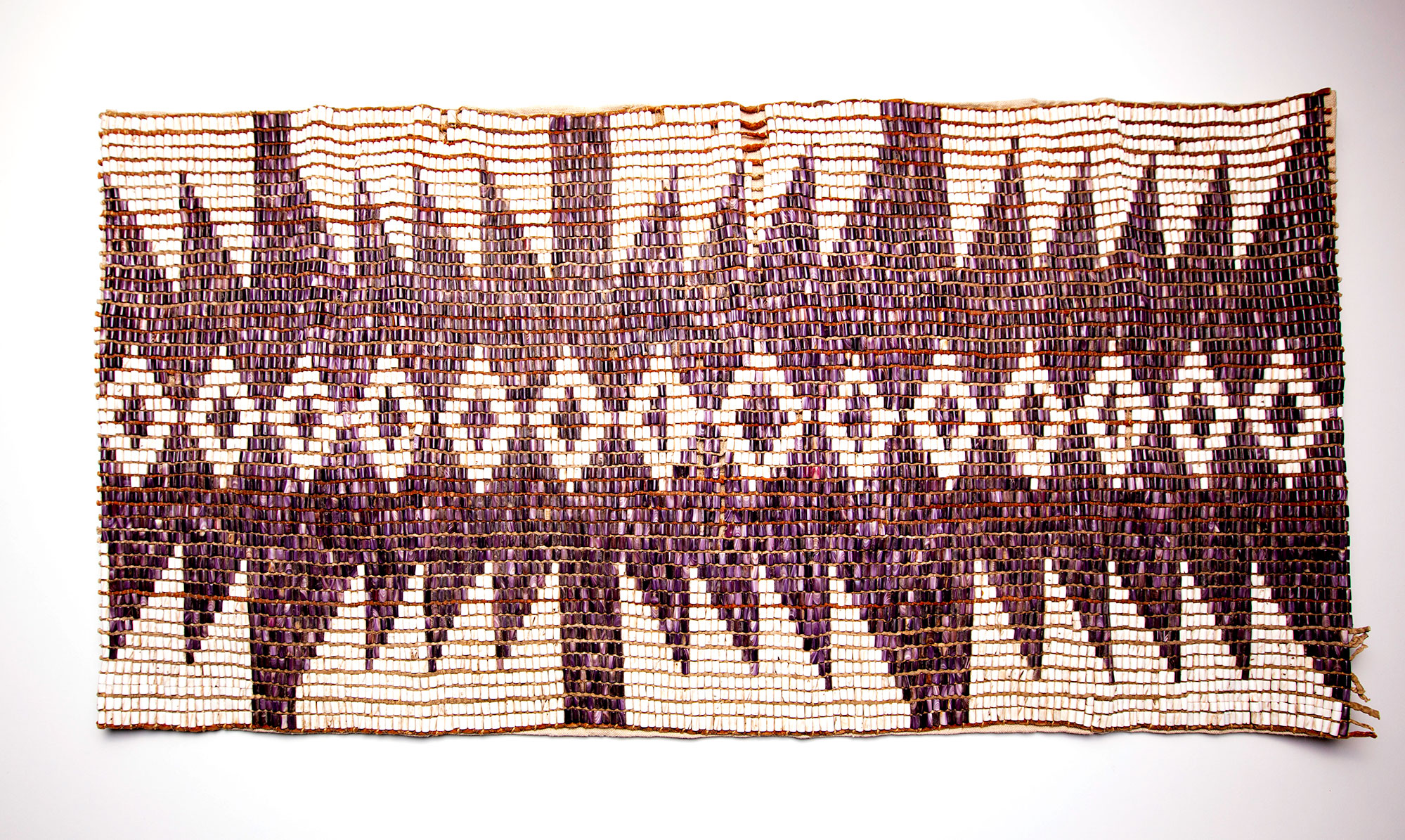All right so I’m not super well-read in this area but I did a scattershot self-guided reading trying to understand early ancient Mesopotamia in my undergrad. Of the dozens (and dozens and dozens…) of sources I consulted the most interesting was a short article by a woman (I think in the handbook of ancient near eastern history or something like that, I’m not sure) basically very cantankerously pointing out tha the footprint of pastoralism is seriously faint in the archaeological record and we probably seriously underestimate the extent to which civilisations like ancient Mesopotamia were also underscored by and based on pastoralism. I’m aware of famous ethnographies of pastoralist communities (the Nuer etc) but what are/are there important works theorising pastoralism per se and what it can tell us about human history and human ecology?


I’m not sure what the rules on this community are about non-professionals posting and answering. I have arm-chair researched Sumer in the Jemdet Nasr period (around 3000 BCE) when Uruk was a large metropolis. Much like most things Sumer, the research is lacking as we’re simply dealing with too old societies who lived in a part of the world that has changed so much due to climate change and soil salinization over the 7000 years civilization has existed there.
The cities of Jemdet Nasr period were structured into irrigated and unirrigated land. The latter was used as grazing ground for sizable quantities of goat and sheep, which required pastoral people to herd them. During the Ur III period, there were possibly around 350 000 sheep, which would require a considerable non-sedentary workforce to manage which were possibly imported from the surrounding hilly & mountaineous countryside.[1]
[1] Sumer and the Sumerians by Harriet Crawford, “Patterns of Settlement and agriculture”, pages 40, 58, 59
Thanks for your reply! I don’t think this community is big enough for many rules at all, let alone stringent quality control lol. I’m just happy for the company! That you linked page numbers is even better :) Harriet Crawford–I remember that name!
To be clear: I’m not actually especially interested in Mesopotamia anymore. I’m more interested in the conditions that precipitated pastoralism in different places around the world and its social and ecological consequences. I’m vaguely aware of clan stuff, ofc the segmental faction stuff, I remember reading about something to the effect of how cattle almost guarantee a particular social arrangement involving bride prices. I’m curious about how people read pastoralism in the archaeological record and what we can say about its roots. And broad ethnographic insights: how pastoralism relates to sedentary domestication, what kind of habitus and biological changes does it induce in humans, animals, & the local environment (landscape & other animals & microbiology). I gotta read Ingold, I know…
This all sounds interesting and I wish I had the education to answer it, but I don’t.
I think Mesopotamia is interesting precisely due to it being the first place where sedentary societies truly became common place and archaeology in that region might give us clues where that transition happened.
As for biological changes, I wonder if we might be able to find signs of viruses or diseases from bones of pre-historical humans? Some diseases likely jumped from cattle to humans, like with COVID-19.